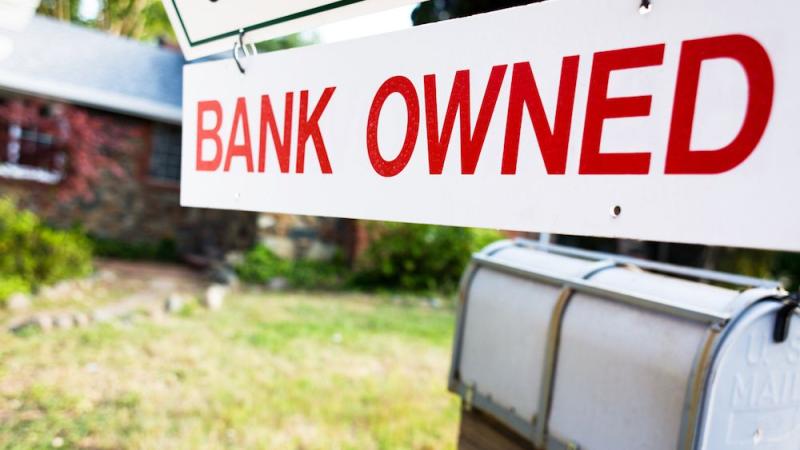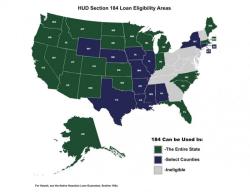Will the Bank pay closing on a bank owned property?
In most cases, when purchasing a bank-owned property (also known as a Real Estate Owned or REO property), the buyer is responsible for paying the closing costs associated with the transaction. Closing costs are the various fees and expenses incurred during the process of buying a property, and they typically include items like:
Title Search and Title Insurance: This ensures that the property's title is clear of any liens or encumbrances.
Appraisal Fee: This covers the cost of assessing the property's value.
Home Inspection Fee: This fee is for a professional inspection of the property's condition.
Origination Fee: This is charged by the lender for processing the mortgage loan.
Loan Application Fee: It's the cost of applying for a mortgage loan.
Escrow and Attorney Fees: These fees cover the services of the escrow agent and attorney, which are often required for the closing process.
Recording Fees: These fees are for recording the sale with the local government.
Property Taxes and Insurance: The buyer typically needs to pay a portion of property taxes and homeowner's insurance at closing.
Mortgage Insurance Premium: If the buyer is making a down payment of less than 20%, they may need to pay for private mortgage insurance (PMI).
Miscellaneous Fees: These can include courier fees, wire transfer fees, and other miscellaneous expenses.
While the bank is generally not responsible for covering the buyer's closing costs on a bank-owned property, there may be some negotiation room depending on the market conditions and the specific terms of the sale. Buyers can try to negotiate with the bank to have some or all of the closing costs covered, but this often depends on the bank's policies and the competitiveness of the real estate market.
It's important to thoroughly review the purchase agreement and discuss the details of who is responsible for which closing costs with your real estate agent and the bank when considering the purchase of a bank-owned property. Additionally, it's a good idea to consult with a real estate attorney or a financial advisor to ensure you fully understand your financial obligations and options before proceeding with the purchase.
Bank-Owned Property: Who Pays Closing Costs?
Closing costs are the fees and expenses associated with finalizing the purchase of a property. These costs typically include title insurance, appraisals, escrow fees, taxes, and lender fees. In the case of bank-owned properties, also known as foreclosures or real estate owned (REO) properties, the responsibility for paying closing costs is often subject to negotiation between the buyer and the seller, which is usually the bank.
Closing Costs on Bank-Owned Real Estate
Traditionally, the buyer of a property bears the majority of the closing costs. However, in the context of bank-owned properties, the bank may be willing to contribute to or even cover the entire cost of closing expenses to incentivize buyers and expedite the sale of the property. The bank's willingness to negotiate closing costs may depend on several factors, including:
The duration the property has been on the market: If the property has been sitting vacant for an extended period, the bank may be more inclined to offer concessions to attract buyers.
The overall market conditions: In a competitive seller's market, buyers may have less leverage to negotiate closing costs.
The condition of the property: If the property requires significant repairs or renovations, the bank may be more likely to contribute to closing costs to offset the buyer's additional expenses.
Understanding Closing Expenses for Bank-Owned Properties
Buyers should carefully review the closing cost disclosure statement provided by the seller to understand which expenses they are expected to pay. They should also consider negotiating with the bank to see if there is any flexibility in the allocation of closing costs.
Here are some tips for negotiating closing costs on a bank-owned property:
Get pre-approved for a mortgage: Having pre-approval demonstrates to the bank that you are a serious buyer and may increase your negotiating power.
Make a strong offer: A competitive offer may make the bank more likely to consider your requests for closing cost concessions.
Be prepared to compromise: Negotiation is a two-way street. Be prepared to compromise on some aspects of the deal to achieve your desired outcome regarding closing costs.
Consider using a buyer's agent: A knowledgeable buyer's agent can guide you through the negotiation process and advocate for your best interests.
By understanding the factors that influence closing costs on bank-owned properties and approaching the negotiation process strategically, buyers can increase their chances of securing favorable terms and reducing their out-of-pocket expenses.













